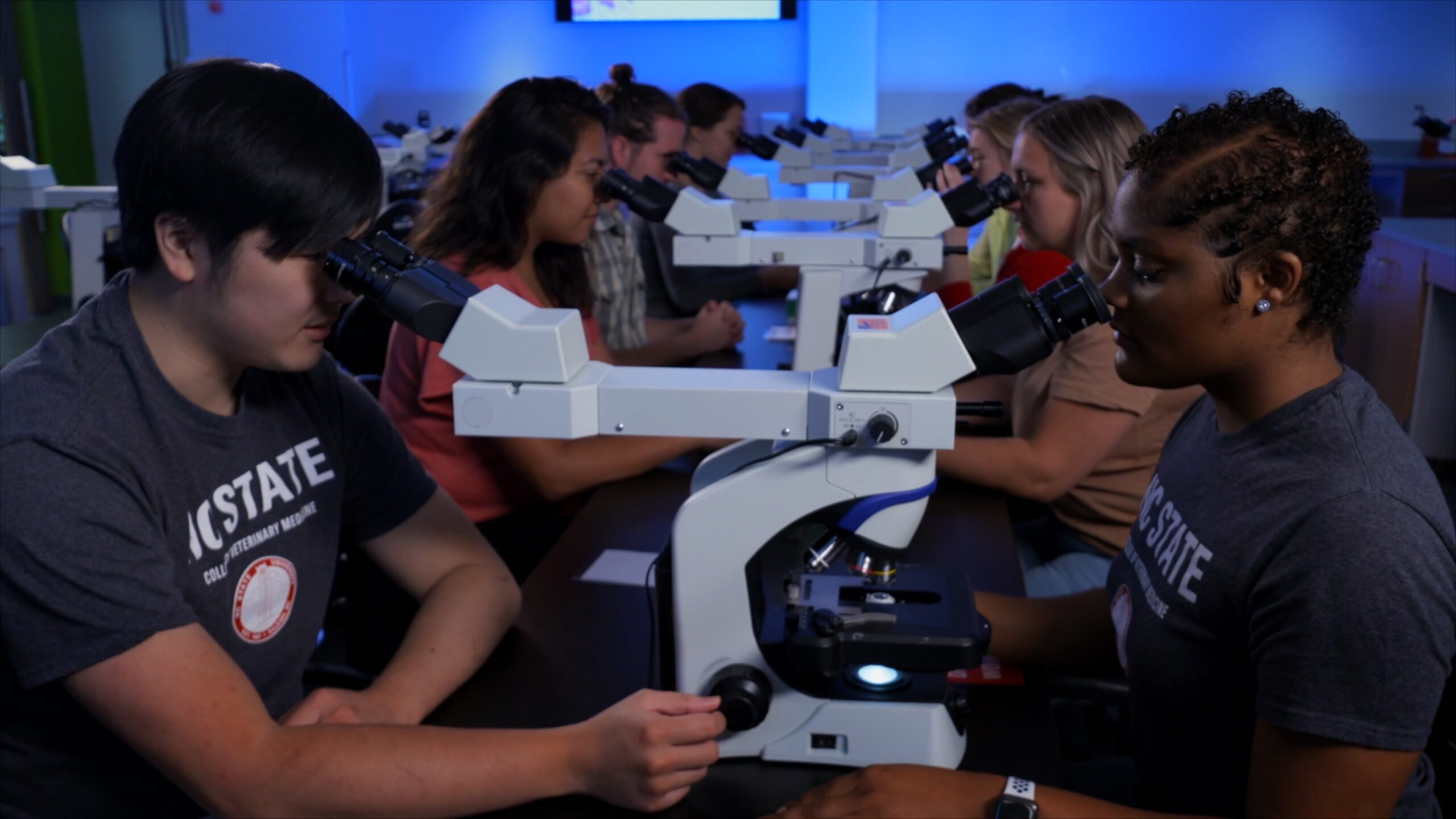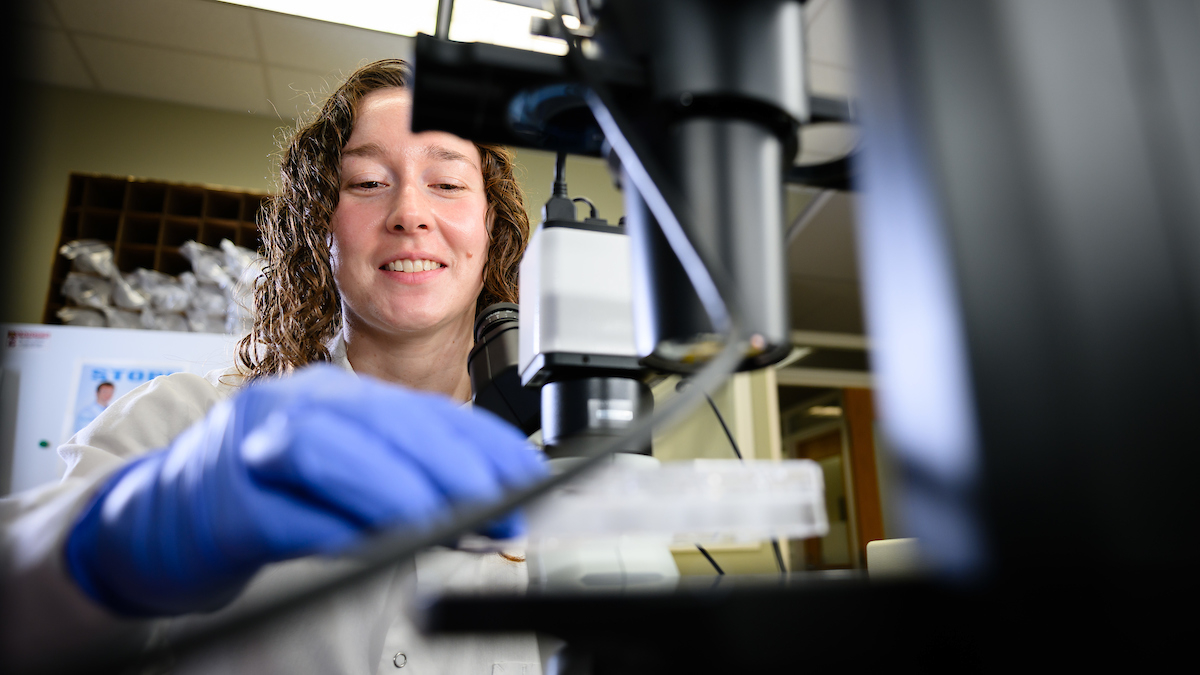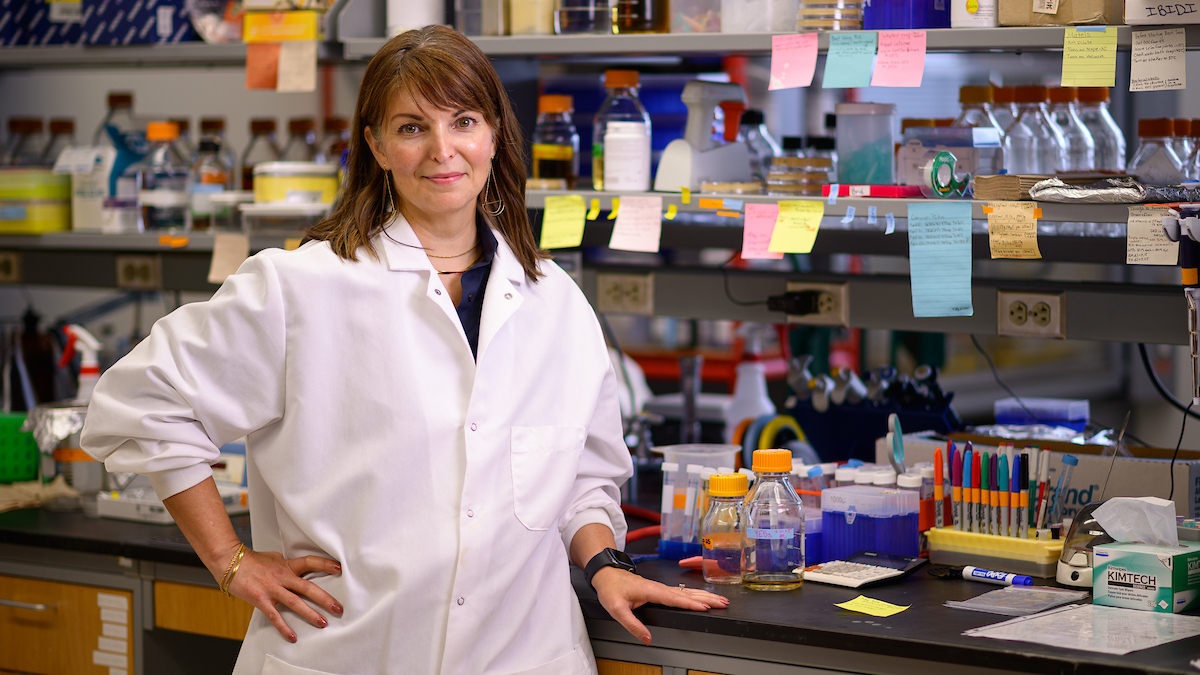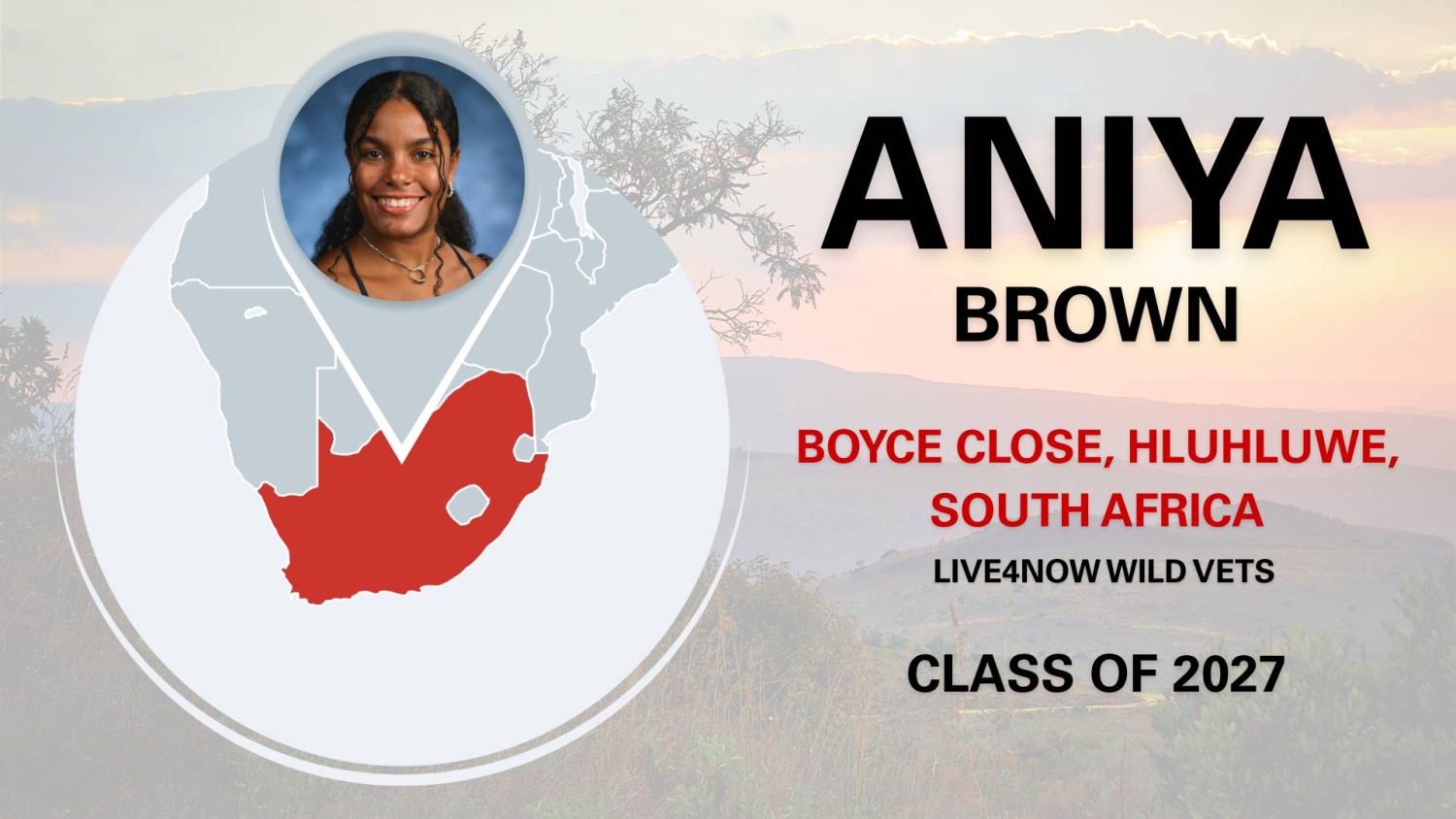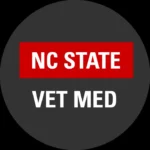Summer Research Program Opens Doors of Discovery for Veterinary Students
The NC State Veterinary Scholars Program is one of the strongest in the nation, offering students 10 weeks of meaningful mentorship and a stipend to dive deeply into the wide range of innovative research projects that NC State College of Veterinary Medicine faculty lead.
Subscribe for More News and Updates
Our newsletter highlights the bright minds, innovative research and state-of-the-art medicine at NC State’s College of Veterinary Medicine.
Start Your Journey
